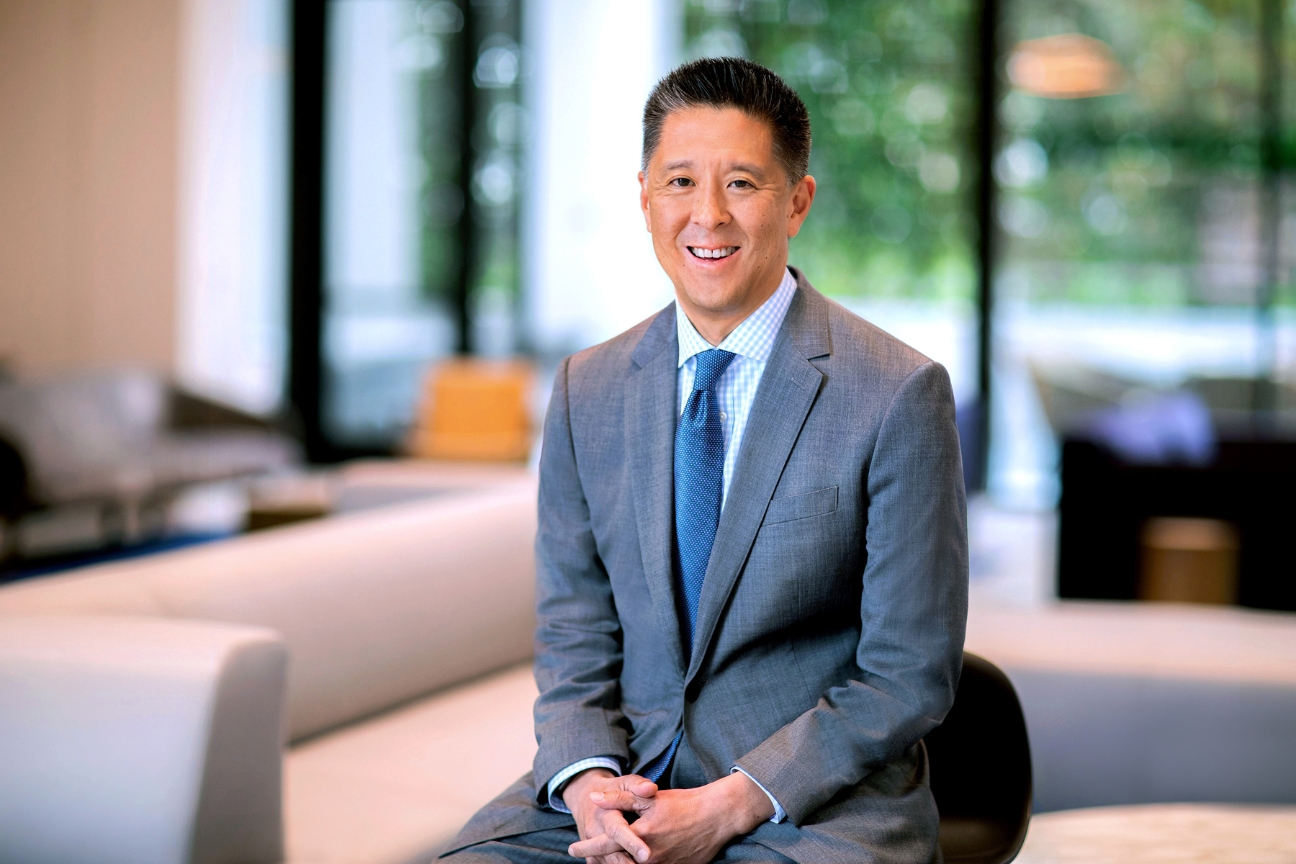Bird Marella Managing Principal Paul Chan was recently featured in a Law360 article entitled “Attorneys Reflect on Escobar’s FCA Impact 2 Years Later.” The article analyzes the significant impact of the U.S. Supreme Court’s Universal Health Services v. Escobar decision on the litigation of federal False Claims Act (FCA) cases, and in particular how proof of the key liability elements of “materiality” and “scienter” have been altered by the 2016 decision. Here are Paul’s observations:
“In terms of stating an implied certification claim, federal circuits remain split as to whether the Escobar’s two-part test — specific factual representations, coupled with noncompliance that makes those representations half-truths — is the exclusive means of stating a claim, or if courts can take a more holistic approach in evaluating these lawsuits. In practice, Escobar’s biggest effect has been to raise the bar with respect to proof of materiality. Because the Supreme Court held that continued payment by the government is ‘strong evidence’ of immateriality, the government’s own conduct is now a real focal point of discovery. This has both made it more burdensome for plaintiffs to litigate materiality and given defendants a potential out at the pleading and summary judgment stages. The Ninth Circuit’s recent interpretation of the post-Escobar materiality standard in Campie v. Gilead Sciences Inc. is currently under consideration for review, so the Supreme Court may be revisiting the issue soon.”
To read the full article, please click here.


